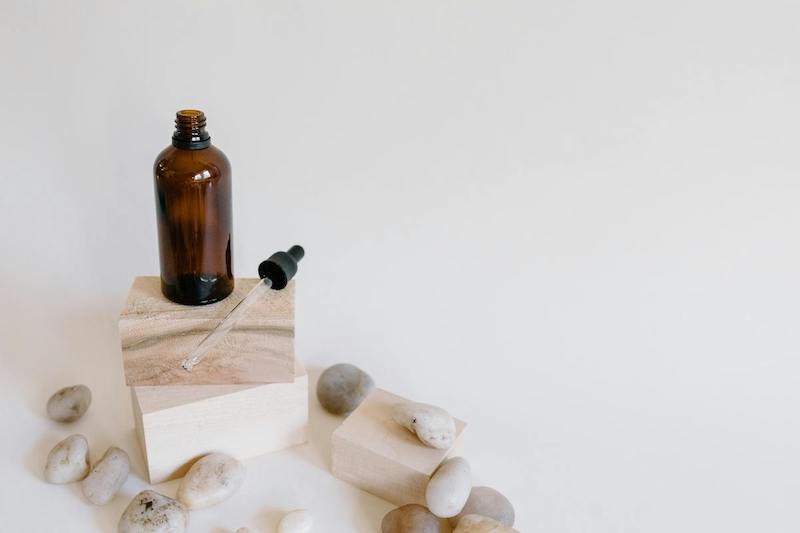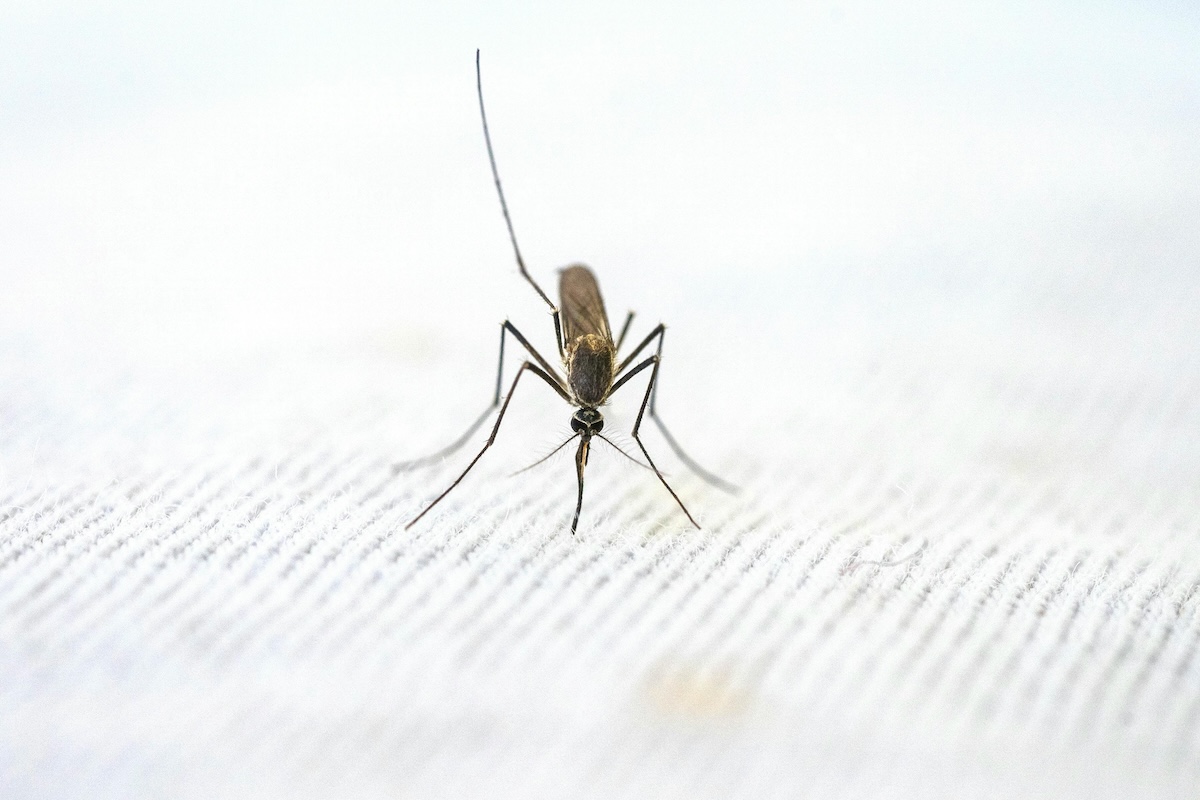Depending on your level of engagement with certain parts of the wellness internet, the topic of this article may be very confusing or very familiar. When I’ve mentioned to people that I’m writing about this, their responses vary from “Yes! My friend has been pressuring me to join her in taking charcoal and clove oil” to “Wait, do the parasites do the cleansing? What kind of parasites?” (For the record: when people talk about these parasite cleanses, parasites are not the cleansers; they are the cleansed.)
The claims that are prevalent among wellness influencers are that parasite cleanses have cured their children from a whole host of ailments — from gut issues to behavioral challenges.
You will probably not be too surprised to learn that the science does not support the use of these cleanses, for these purposes or otherwise. But the context (even though it’s somewhat gross) will help explain why.
What are parasites?
By definition, a parasite is “an organism that lives in or on an organism of another species (its host) and benefits by deriving nutrients at the other’s expense.” There are almost 900 species of parasites known to infect humans. They range from protozoa that cause terrible diarrhea to the single-celled organism that causes malaria to a full range of worms (“helminths”) that can affect a variety of organs. Lice are also a parasite. Pinworms. Toxoplasma gondii. There are many — it is too much to explain all the different parasites here, and most of those 900 types are incredibly rare, even more so in developed countries like the U.S.

The key feature of parasites is that they live in you or on you and they suck nutrients at your expense. This is in contrast to, say, the bacteria in your microbiome, which benefit you in some ways. A classic parasite example is the tapeworm. Generally, a tapeworm is acquired by eating undercooked fish that has the parasite (the most common tapeworm in the U.S. is Diphyllobothrium latum), most commonly from wild-caught fish in the Great Lakes.
The larvae of the tapeworm may be ingested, and the tapeworm can attach to the small intestine. Adult tapeworms can grow to be over 39 feet in length, live for 10 years, and produce 1,000 eggs per day. They do not benefit you, which is why they are considered a parasite.
If you have not had enough yet, please listen to this episode of the ParentData podcast, in which I talk to Freakonomics author Steve Levitt about his “late-night panic google.” Spoiler: it’s worms.
Can parasites make you sick?
First answer: definitely yes.
There are some parasites, like Giardia duodenalis, that cause acute illness. In this case, it’s diarrhea and abdominal pain (giardiasis) that can be serious in the moment but resolves after several weeks. This is acquired from drinking affected water sources (it’s why you should not drink water on a hike without filtering it).
There are others, like Toxoplasma gondii, that generally cause no symptoms but can be dangerous in pregnancy.
And then there are the helminths — the worms — which can cause both acute symptoms (like the itching from pinworms) or ongoing depletion. Chronic worm burden in the developing world affects kids, causing fatigue and other intestinal symptoms. Tapeworms can cause fatigue, ongoing vitamin B12 deficiency, and sometimes anemia.
However, many people live with parasites with no symptoms.
Case in point: 80% of adults with a tapeworm have no symptoms. Similarly, 80% of those infected with toxoplasmosis have no symptoms. Pinworms are extremely common and mostly asymptomatic.
So, yes, parasites can make you sick. But it is also very possible to have them and not be symptomatic.
How common are parasites?
Some kinds of parasitic infections are reasonably common, even in the developed world. For example: an estimated 20% of children in Europe have pinworms (this is likely similar in the U.S.), most of them asymptomatic. Lice and ticks are common.
A 2021 study in Mississippi found that as many as 25% of individuals had evidence of some parasite. These individuals were asymptomatic, implying that a fair share of people have parasites without knowing it.
However, most parasites are rare. Things like the fish tapeworm discussed above are only very rarely seen in the U.S. You might have pinworms, but you are very unlikely to have any bigger worms.
What is a parasite cleanse?
Before getting into this, I want to start with a basic point, which is that there are medical treatments for parasite infections. The exact treatment depends on the parasite, but many are killed with medications (including most worms) and some are removed. If you have an active parasite infection, medical treatment can help.
This is different, however, from the wellness trend of a parasite cleanse.
Broadly, a parasite cleanse refers to any dietary change that is intended to remove parasites from the body. For context, here is one example. Usually this involves herbs (things like cloves and wormwood). Sometimes these cleanses also involve fasting or eliminating certain foods. One common claim is that parasites thrive on ultra-processed foods, so cutting them out will help.
Needless to say, there are many products on the market claiming to cure parasites. ParaGuard, for example, contains clove, wormwood, garlic, and pumpkin seeds. There are versions designed for children (mostly with the same ingredients, just with cartoon pictures on the bottle). In some cases, people will actually take deworming drugs (like ivermectin) as part of a cleanse, although that is somewhat different from the herbal approach.
The advertising for these cleanses offers all sorts of benefits — more energy, less bloating, better poops, better sleep, and on and on. Online, you will see claims of reductions in autism or ADHD symptoms in children.
However: none of these claims are supported by good data. This isn’t to say that there is no evidence of the impact of herbal remedies on parasites in general. There are a couple of small studies. For example, this study in China suggests that in a population of individuals with tapeworms, treatment with a combination of pumpkin seed, areca nuts, and magnesium sulfate caused expulsion of tapeworms in many cases. Another study, in Nigeria, among asymptomatic children with evidence of worms showed some efficacy of papaya seeds in treatment.
These are interesting examples of how herbal remedies may impact health, but they are isolated, small studies without replication. In the first study, there was no control group. In addition — even if we take these at face value — it is not clear how this would translate to a population that does not have an active worm infection. Further, these interventions didn’t actually improve symptoms, since the infections were asymptomatic.
More far-fetched claims about outcomes like autism have even less evidence. In fact, there is more research on the question of whether introducing intestinal worms might treat autism, versus eliminating them.
What we would really need here is actual direct evidence on improvement in symptoms among people taking these herbs versus a blinded placebo group who took some other substance. We do not have any study like this, and, based on what we do know, it seems very unlikely that it would show impacts.
So, do you need a parasite cleanse?
To break it down very simply, there are three possibilities.
First, you might not have any parasites. You probably do not, at least not right at this moment. In that case, a parasite cleanse will do nothing, as there is nothing to cleanse. All that will happen is you’ll spend money on something you do not need, and possibly fast for a few days, which will make you cranky and tired.
Second, you might have some parasites without any symptoms. For example, maybe you have a low level of pinworms. I get it, this is gross. However, if it is not affecting you or generating symptoms, you do not need to do anything about it. You can just live with your worms. But most importantly, the parasite cleanse will not help you anyway, as it is not actually effective. So even if you thought that you might have an asymptomatic parasite and that it would have some impact on your health to remove it (for which there is no evidence), the cleanse wouldn’t do that.
Third, you might actually have a parasite that is causing symptoms. This is most likely if you actually have symptoms of a parasite — something specific or serious, not the general “fatigue” or “bloating” that you’ll hear about from influencers. In this case, you should definitely see a doctor and figure out if and what kind of parasite you have, and treat it. There are good medications that can treat most or all of these parasitic diseases. In this case, too, you should not do a parasite cleanse, because it will not actually cure the problem and it could make things worse by delaying useful treatment.
Summary: There is no circumstance in which a parasite cleanse is useful, and it may be detrimental.
The bottom line
- There are almost 900 species of parasites known to infect humans. Parasites can make you sick, but it is very possible to have them and not be symptomatic.
- If you have an active parasite infection, medical treatment can help. This is much different from a parasite cleanse.
- There are many items available marketed as “parasite cleanses” that make a lot of claims to improve your quality of life (better energy, sleep, and digestion). There are also claims of reductions in autism or ADHD symptoms in children. These claims are not backed by evidence.
- If you do have a parasite, parasite cleanses will not actually cure the problem, and it could make things worse by delaying useful treatment.
















Log in
I’ve seen photos of the “parasites” that influencers have flushed out of themselves and their children. They are, by and large, photos of intestinal lining. One of my children had FIAPC, and a loved one has ulcerative colitis. I have had to take so many photos of poop to track symptoms. Your body can expel intestinal lining under extreme conditions. Needless to say, this is NOT good for you. It does kind of look like worms, if you’re expecting to see worms. But it’s actually just an important mucous membrane that should not be outside of your body.
As someone who had a parasite from living and working in a developing country… you KNOW when you have a real parasite. And no herbal tea is going to deal with it!
What about when you have a colonoscopy and need to do the cleanse? Will it remove parasites?
No